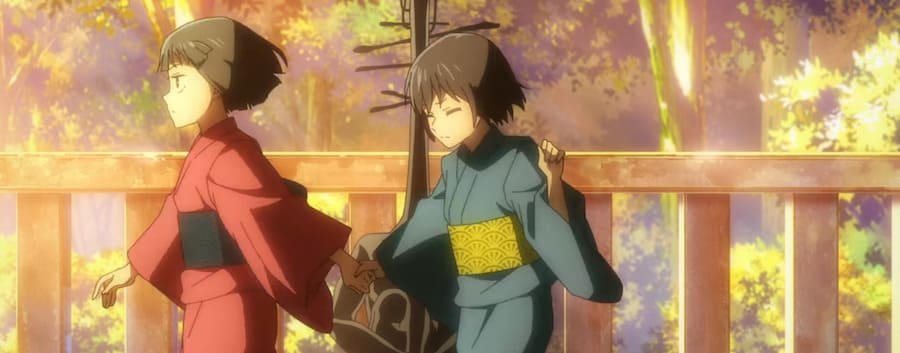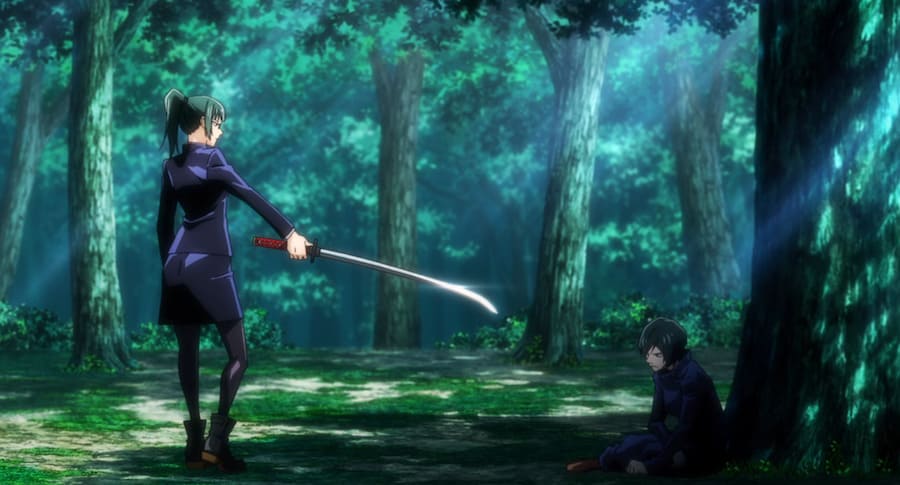In this article, I will explain Japanese grammar and vocabulary based on Maki Zenin’s quote from the Jujutsu Kaisen, “嘘つき。。大っ嫌い” Let’s have fun learning Japanese through anime!
The Basic Information of The Quote
The basic meaning
in Japanese: “嘘つき。。大っ嫌い”
in Hiragana: “うそつき。。だいっきらい”
in Romaji: “usotsuki… daikkirai”
Meaning: “Liar… I hate you so much.”
The situation in which the line was spoken

This is a part of a conversation between Zen’in Maki and Zen’in Mai, twin sisters. Mai, the younger sister, really liked her elder sister Maki. When they were young, Mai asked Maki and made a promise: “Never leave me behind.” However, when Maki becomes a high school student, she leaves home on her own. Mai, shocked by this, comes to resent Maki. But deep down, Mai truly loves her sister Maki. With these mixed feelings, Mai murmurs to herself about Maki, “Liar… I hate you so much.”
Grammatical Structure
嘘つき (うそつき / usotsuki)
This is a noun which means “liar“.
嘘 (うそ) means “lie” and it’s a verb.
Then, つき is a nominal suffix that can be attached to some verbs to make them into a person who does the action of the verb. In this case, it’s attached to the verb “to tell a lie” (嘘をつく) to mean “a person who tells lies” or “liar”.
大っ嫌い (だいっきらい / daikkirai)
This is an adjective which means “to hate” or “to detest”. The “大っ” part is an intensifier, making it stronger, similar to “really hate” or “absolutely detest” in English.
大 (だい) typically means “big” or “great“.
嫌い (きらい) means “dislike” or “hate“.
Originally, the small “っ” in the middle is not necessary. However, by including the small “っ”, you can imbue the word with more emotion. In this line, the “っ” part is pronounced longer than usual. From this, you can sense the underlying feelings of love for her sister Mai, as well as the anger and sadness about leaving the house alone without taking her along.
Conclusion
This quote conveys that the true feelings are kept inside the heart, and the spoken words may contradict one’s true intentions. The usage of the small ‘っ’ can be very challenging for Japanese learners. However, by utilizing this ‘っ’, one can express emotions more intensely. It might be difficult, but please give it a try.










Related articles